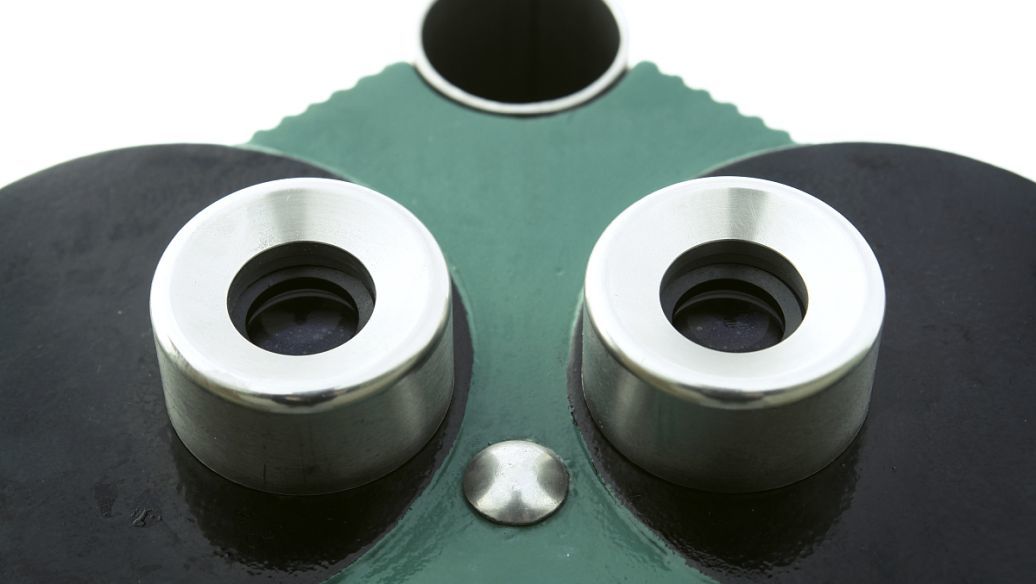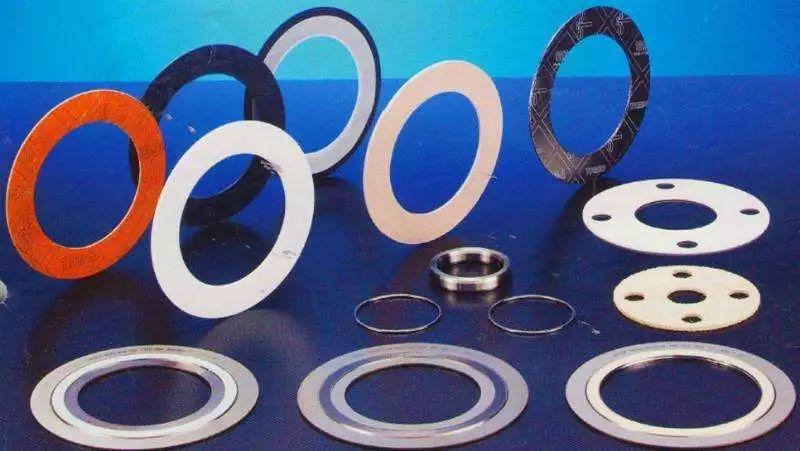What are the differences between metal wound gaskets and graphite wound gaskets?
Release Time:
2022-08-25
In the industrial sealing field, Yichang metal wound gaskets and graphite wound gaskets are both reliable sealing materials. They each have unique performance characteristics and are suitable for different application scenarios. Below, we will discuss the differences between these two types of gaskets in detail.
In the industrial sealing field, Yichang metal wound gaskets and graphite wound gaskets are both reliable sealing materials. They each have unique performance characteristics and are suitable for different application scenarios. Below, we will discuss the differences between these two types of gaskets in detail.
Metal Wound Gaskets: A Combination of Strength and Adaptability
Metal wound gaskets are known for their high strength and adaptability. This type of gasket is usually made by alternately winding V-shaped or W-shaped thin steel strips with various fillers (such as graphite, asbestos, or polytetrafluoroethylene). This structure allows metal wound gaskets to withstand higher pressures and temperatures, especially suitable for uneven loads, easily loosened joints, and cyclical changes in temperature and pressure.
In addition, metal wound gaskets also have excellent resilience, which can adapt to the slight deformation of the flange sealing surface to ensure sealing effect. Therefore, it is widely used in the sealing of pipes, valves, pressure vessels and other equipment in the petroleum, chemical, metallurgical, and power industries.
Graphite Wound Gaskets: An Exemplar of Corrosion Resistance and Stability
Compared with metal wound gaskets, graphite wound gaskets are known for their excellent corrosion resistance and stability. This type of gasket is made by cutting or stamping pure graphite plates or metal-reinforced graphite plates, and then winding them. Graphite material itself has good chemical stability and can resist the erosion of various strong acids, strong alkalis and other corrosive media.
Graphite wound gaskets not only have corrosion resistance, but also good thermal stability and self-lubrication. This allows it to be used stably for a long time under harsh working conditions with less maintenance required. Therefore, graphite wound gaskets are particularly suitable for some special media, such as acids, alkalis, salts, and solvents.
Choosing the Right Gasket for You
When choosing metal wound gaskets or graphite wound gaskets, you need to consider the specific application scenarios and needs comprehensively. For example, if your equipment needs to withstand higher pressures and temperatures, or needs to adapt to complex working environments, then metal wound gaskets may be a better choice. If you need to handle more corrosive media, or need a long-term stable sealing material, then graphite wound gaskets may be more suitable for your needs.
In short, metal wound gaskets and graphite wound gaskets each have their own advantages and disadvantages. The choice of gasket depends on your specific needs and application scenarios. By understanding the differences between these two types of gaskets, you can better choose the sealing material suitable for your needs, ensuring the normal operation and extending the service life of the equipment.
Previous
Related News
What are the differences between metal wound gaskets and graphite wound gaskets?
In the industrial sealing field, Yichang metal wound gaskets and graphite wound gaskets are both reliable sealing materials. They each have unique performance characteristics and are suitable for different application scenarios. Below, we will discuss the differences between these two types of gaskets in detail.
2022-08-25
The wide application of polyethylene tetrafluoroethylene gaskets is due to their unique advantages
Polyethylene tetrafluoroethylene gasket is a sealing material mainly made of polytetrafluoroethylene (PTFE). Due to its unique properties, it is widely used in various industries. PTFE, also known as Teflon, is favored for its excellent chemical stability and high-temperature resistance, especially in applications requiring corrosion resistance and high-temperature environments, where polyethylene tetrafluoroethylene gaskets demonstrate significant advantages.
2022-08-25
Share to




